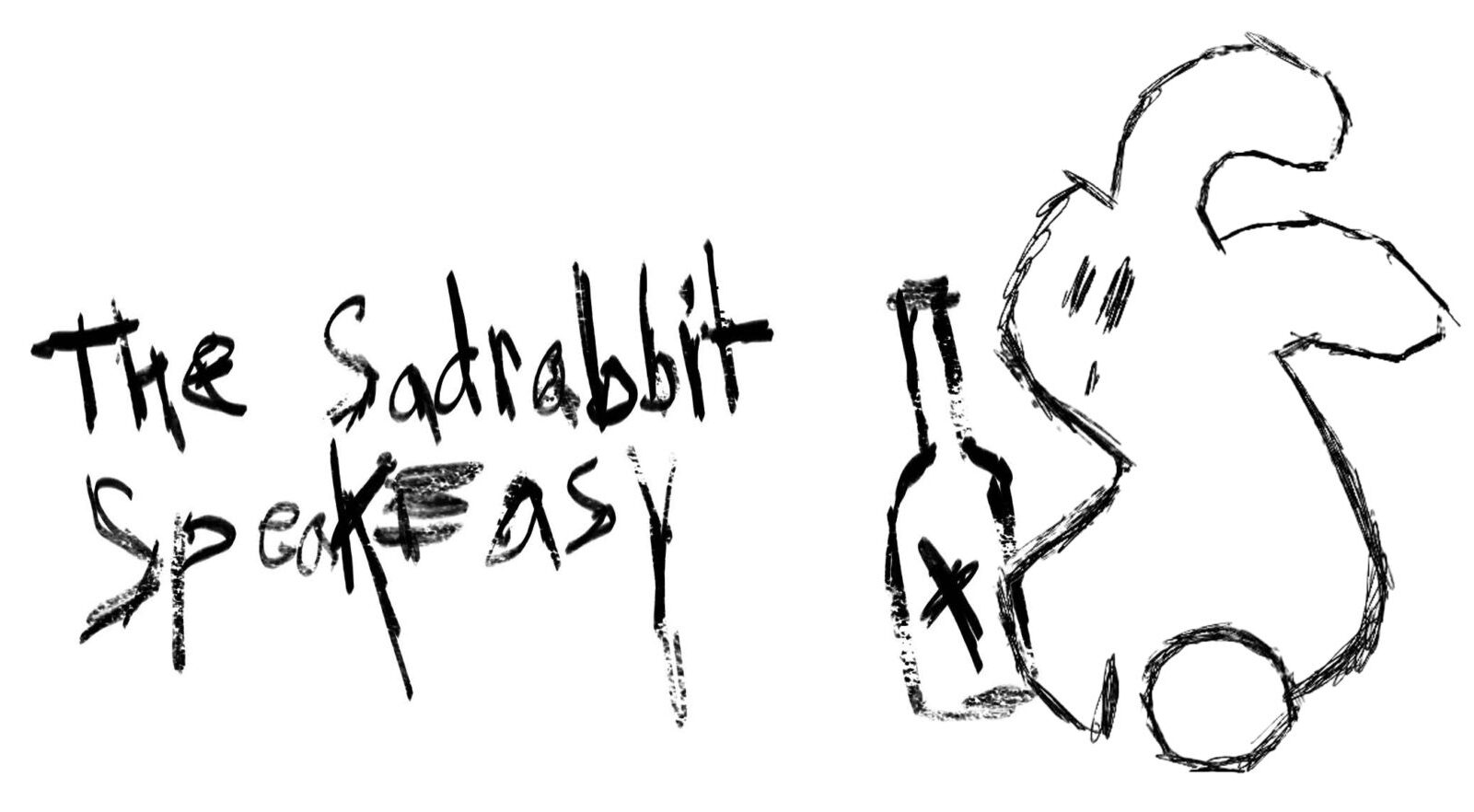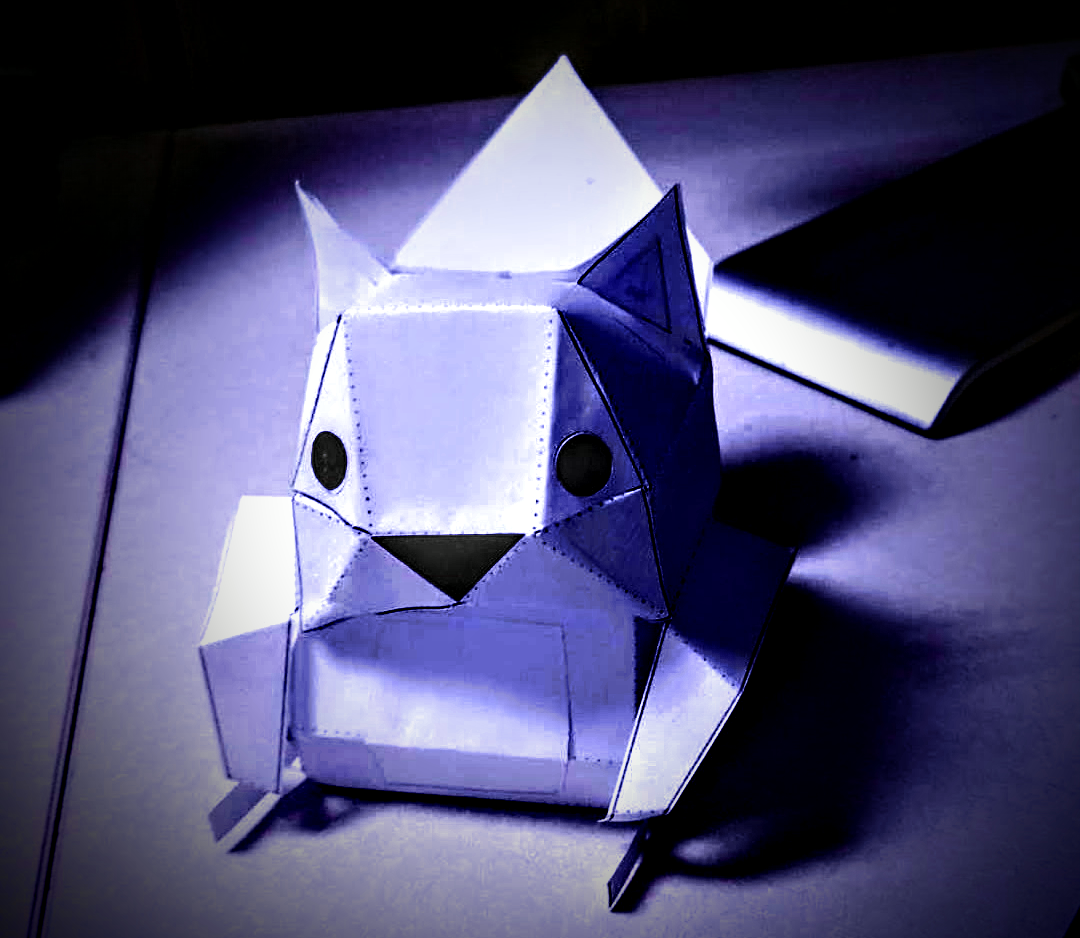Self-realization, is it possible? No – because no one can know everything. Every day we learn something new, whether we acknowledge it or not. in fact, we learn billions of things each day. Your best friend might be getting married or your husband is getting divorced… that kind of stuff happens all the time. But there’s an insane amount of the world happening around us, and we hardly take the time to acknowledge it. We already know that the squirrel outside our windows is burying nuts for the winter. We already know the squirrel won’t get his nut back and it can grow into a tree.
Once we learn something, we’re done with it. We don’t need to know why the squirrel buries it or how the acorn sprouts into a tree. We learned that in second grade and forgot most of it the next year. Are acorns even nuts?
Curiosity pokes holes into everything. Unregulated interest into a subject can send the wanderer on wild goose chases through books and the internet looking for answers to the most abstract questions. Everyone finds themselves in a rabbit hole at one point or another, but most of the world stops digging when they found the answer they were looking for. A curious mind stops caring about that answer and continues further, forgetting their original intent.
Under this logic and with the addition of a wide open platform that has infinite potential (the internet), it’s possible that a human can dig into any subject in the world and become an expert on it.
Assuming a person has the time – they can absorb an incredible amount of knowledge through the web or a library. The internet even eliminated 99% of the research time it takes to find any information with search features, and even more information is available because anyone can publish a thought, right from their fucking phones!
it’s so vast and we use it to cross share ignorant and worthless content.
If you can learn anything – learn how to learn.
It starts with separating objective and subjective writing. Once you have realized a person’s thought is based on personal opinion, you can question the logic. The reverse is the same, if what the person says isn’t logical, it has to be subjective.
Or does it?
How much of what we call science is actually subjective? People still think the earth is flat, but you can see the curvature yourself when sitting in business class next to that crying toddler.
But prove to me microwaves exist.
Obviously they do – because my nachos don’t melt themselves in a metal box in my kitchen. But there’s a good chance that everything you know about microwaves is based on common knowledge. Common knowledge stems from widely accepted beliefs, which can be made with published scientific research. We accept these things as fact because we don’t have the knowledge to dispute it. Leave it to the experts.
Here’s the thing though – science is proven wrong all the time. we call that discovery.
And, we base all of our science on existing science.
Under this logic, it’s guaranteed that the human race is continually innovating based on incorrect logic. Obviously the world is still spinning for our species so we can’t be terribly off, but there are unknown variables in our world that we haven’t figured out yet and it baffles us.
All science is magic until it is explained. I think that’s where L. Ron Hubbard was trying to go before ego melted his brain in the name of money and power. H.P. Lovecraft wrote cult horror to exploit religion and race and drove himself mad with isolation. Hunter S. Thompson did drugs.
Yes, I’m comparing apples to potatoes, but that’s the point. These people dove into the inner workings of the human brain and it fucked them up in very different ways.
The brain is a fragile specimen that can take an insane amount of trauma – we just don’t want to accept that.
We walk around depressed and anxious about our girlfriends and finances while there are people out there who live in constant fear of being raped, murdered, or having that happen to their family any time they part ways. The consciousness is capable of handling any emotions as long as it is prepared beforehand. Our reaction to new information is significantly different when we expect it.
How we interpret any given information is purely up to us. Offense is taken, never given. Bad news can result in swallowing pride or on the floor in the form of an end-of-the-world meltdown.
Compartmentalization comes into play again – when you stuff something down, you can avoid reacting in a negative manner in the direct moment.
When we do this – one of three things will happen. The problem that is bothering us might fester, and we become more and more upset about it until we can’t contain it anymore and lash out. We can also use this time to think logically about the issue at hand so we don’t respond in a manner that worsens the situation. Or we forget about it until it’s brought back up, and then we have to make a split second decision about how we react once more.
Ideally we want to respond appropriately – which might mean restraining ourselves from an action that we desperately feel the need to take. Even if we can control ourselves in these moments, time isn’t provided to us to think of the right response on the fly.
This is fixed with preparation and expecting the unexpected.
Discoveries are unexpected.
We’re told to not live in a fantasy world – but to innovate or find something new, breaking the rules of reality is key. Obviously we can’t just “break reality”, but we can theorize and experiment.
Experimentation is limited by regulation. Our technology is restricted not only due to individual budgeting, but tight law and loud nonprofits fighting against it.
Experimentation is limited by morality. It’s physically and mentally dangerous. Testing new mechanical engineering for efficiency, clinical studies on animals and humans for makeup and drugs? People die in nearly every pharmaceutical trial.
It’s an unfortunate and dark side of humanity. We have an inherent thirst to learn more and we’ve reached a level of natural intelligence that makes it difficult to innovate further. The exponential curve is leveling out so we have to stretch to take a step farther.
We don’t think about it in our day to today lives, because big picture shit is scary. AR and VR became huge in recent years, and Google Lens was going to be the next big thing. What comes after that? A contact we put in our eyes? Then what? Cars that drive themselves?
Psychedelic medicine is touching the community. Mushrooms are legal in some places. Medicine plays the role of God and interferes with religion. Introspective medicine, self help, and a recent awareness for the value of mental health are rising up.
We have the ability to not only prepare for bad news, we can fix ourselves when it happens. This covers all the bases, it’s the solution to the human condition. We don’t need to hurt people to fix the planet, we need to fix ourselves before we can fix anyone else. And you shouldn’t be fixing anyone else, you should be helping them find their way, their own way without forcing your opinion on them, because experience is half of the battle and the individual needs to have that along with the wisdom that can be gained through reading books and finding objective information on the internet.
And when you have knowledge and experience you can look at both the big picture and the finer details, and decide for yourself what is in fact law and what is opinion. We can’t learn everything in this world – it’s impossible, but each individual can carve their own path through life given enough time and resources. If you don’t make the time to manage the things life throws at you nothing will get done. Everyone shuns a drug addict but how many hours of our lives have we wasted to dumb Netflix shows that don’t stimulate the brain? Sure it’s “me time”, but we’re zoning out instead of tackling our problems and that effect spiderwebs into other people’s lives.
Self realization isn’t something anyone can achieve. Life is a never ending assault on ourselves, and it requires motivation to find hard truths to find ones true self.

